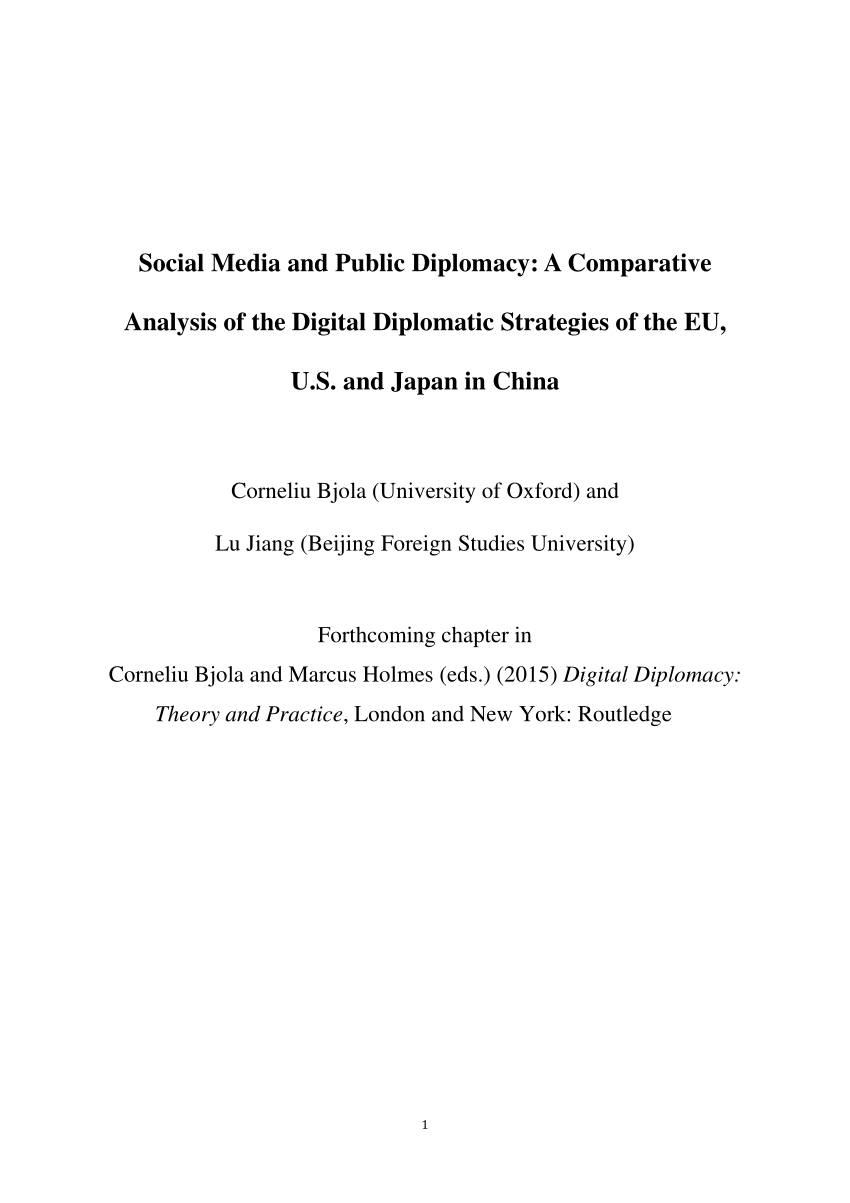### Media Criticism and Diplomacy: Navigating the Complex Terrain of Geopolitical Reporting
In the intricate dance of international politics, where every step can lead to either a harmonious outcome or a misstep fraught with conflict, the role of media in questioning government officials about sensitive diplomatic strategies is pivotal. This is especially true in volatile regions such as Iran and the broader Middle East, where military responses often hang in a delicate balance. The nature of journalistic inquiries in these contexts raises important questions about the efficacy and responsibility of media coverage on complex geopolitical issues.
Diplomatic efforts are inherently nuanced, involving layers of negotiation, strategic ambiguity, and sometimes confidential exchanges that cannot be fully disclosed without jeopardizing delicate operations or even endangering lives. When journalists press government officials for straightforward answers on these matters—particularly regarding military strategies—the quest for transparency can inadvertently cross into realms where clarity becomes not just unrealistic but potentially harmful.
The challenge lies not in suppressing journalistic inquiry but in refining it. Journalists play an indispensable role in holding power to account and informing the public. However, there’s a pressing need for a more sophisticated approach to covering foreign policy—a methodology that recognizes the complexity of diplomacy and appreciates that some questions cannot be answered as simply as they are asked.
### A Path Forward: Balancing Inquiry with Insight
To navigate this terrain effectively, both media professionals and government communicators must adopt new strategies:
1. **Elevating Context**: Journalists should strive to provide audiences with a richer context surrounding diplomatic actions and decisions. Rather than focusing solely on immediate reactions or soundbites from officials, deeper explorations into historical relations between countries involved, regional dynamics, and potential implications of various diplomatic moves can offer readers a more comprehensive understanding.
2. **Promoting Expert Analysis**: Incorporating insights from diplomats, historians, area specialists, and other experts can enhance reporting by adding layers of analysis that go beyond surface-level questioning. This doesn’t mean sidelining journalists’ critical roles but augmenting their work with perspectives that illuminate the complexities at play.
3. **Emphasizing Constructive Dialogue**: Encouraging conversations between journalists and policymakers focused on constructive outcomes rather than gotcha moments could foster greater openness while still maintaining rigorous scrutiny. Such dialogues could help demystify aspects of diplomacy for the public while respecting operational sensitivities inherent to foreign affairs.
4. **Adopting Long-term Perspectives**: Short-term news cycles often miss the slow-building developments crucial to understanding international relations’ ebb and flow over time. Media outlets should invest in sustained coverage that tracks diplomatic efforts beyond immediate crises to appreciate fully their significance or shortcomings over time.
5. **Ethical Consideration**: Finally, there must be an ethical reflection on how certain inquiries might impact ongoing diplomatic efforts or negotiations negatively—weighing public interest against potential risks associated with disclosing sensitive information prematurely.
By adopting these approaches towards foreign policy coverage—especially concerning conflicts like those involving Iran or broader Middle Eastern geopolitics—journalists can contribute positively to public discourse without undermining essential diplomatic endeavors aimed at peacekeeping or conflict resolution.
In conclusion, while transparency remains a cornerstone value for journalism’s role in democracy; when dealing with complex geopolitical issues requiring nuanced diplomacy rather than straightforward answers—the collective goal should evolve toward fostering informed communities equipped not just with facts but also understanding necessary nuances behind global events shaping our world’s future.

Leave a Reply